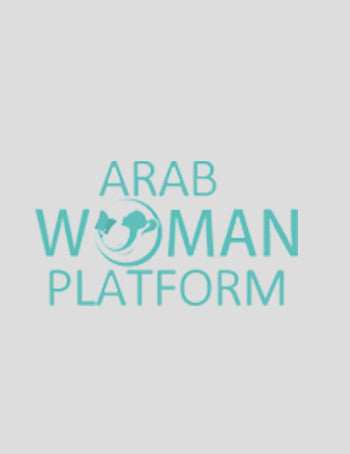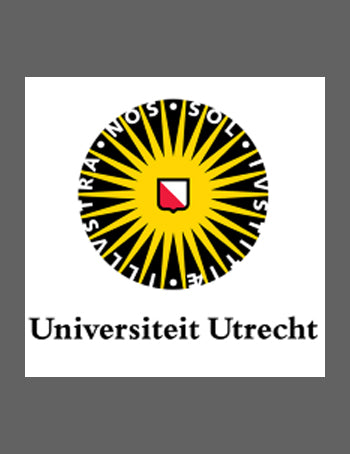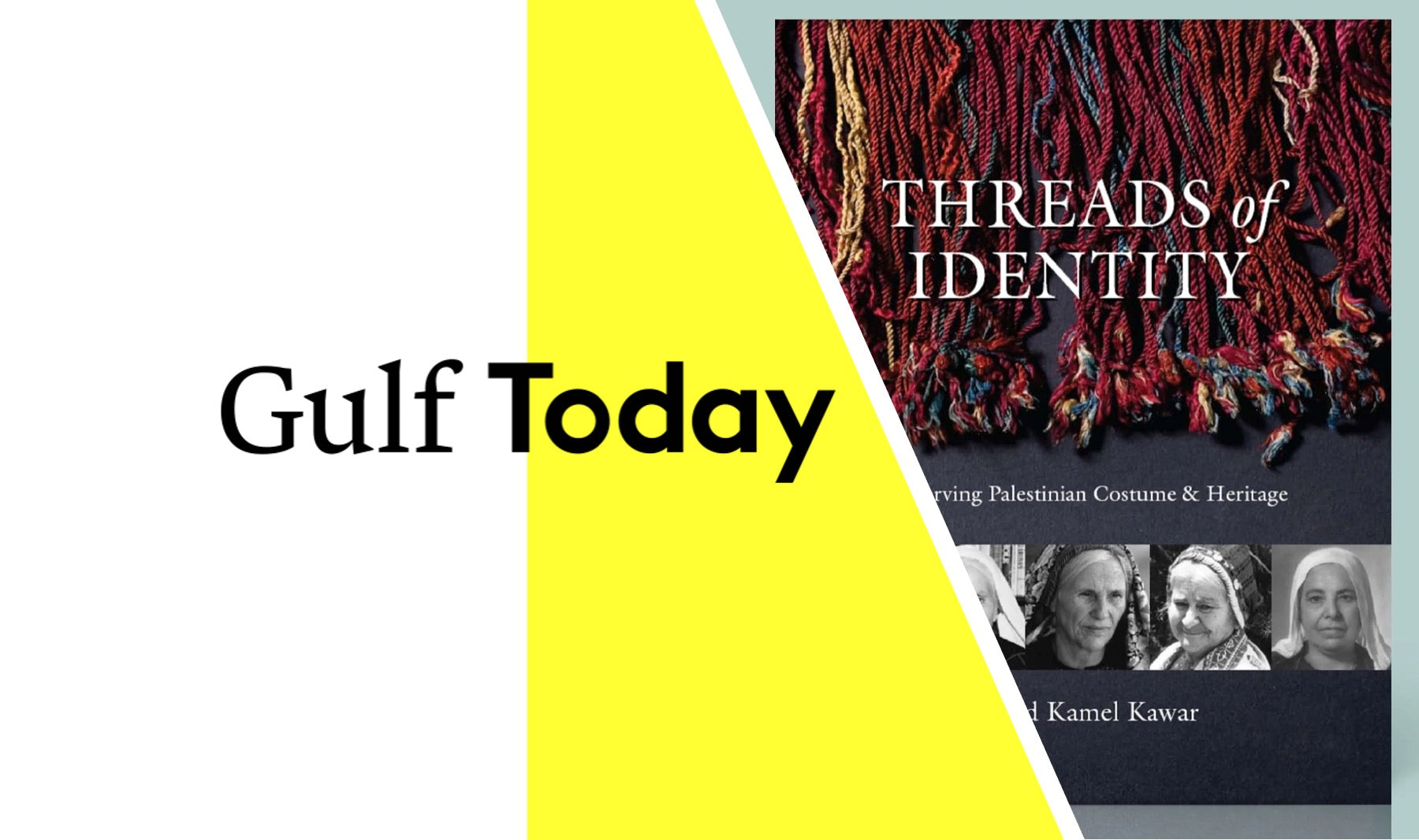
ARAB WOMAN
Reflections from Palestine
As I am a person who happened to face war and lived the era of occupation and the Intifada: I always say and will keep saying: "Definitely every Palestinian woman has a story and each story is a special one". Samia our guest for this month favored to publish her story here while hundreds of other Palestinian women have similar fate but unfortunately their words stay unheard.
That Memoir book I chose for Arab Woman Magazine not only it talks about tens of people I know and places I am familiar with but also of many more other incidents that happened and happening to me and to everyone under the occupation. Another reason for selecting this Memoir, is that it moves readers to reality: a reality if you lived then you smell the honesty in every written word and if not lived: the description in context makes a stranger lives it through her words: over Jordan Bridge, near the Jail gate or stand with her for hours on checkpoints".
In the flow: one is familiar and involved with her and her family, friends and residents.
Samia makes you feel motherhood, sisterhood, and accommodate you in her neighborhood. Her words as if reflecting the words of every Palestinian Woman. Most of the events are taking place in Ramallah, Jerusalem and Birzeit.
Over and above the entire history was described in a simple way yet it has that kind of humanity even towards people who were not humane towards her, still she deals with it in a very affectionate way regardless: her approach is free from hatred.
You feel saddened when her son is not released from prison on due date; you feel so miserable for her grand child who goes to the airport to meet his father and the military occupation returns the father back, you move with the child who returns back home "heart-broken child" as she indicates. Not mentioning the tears one can't help but shed; when her mother dies without being able to see her deported son for last farewell.
My guest today is the Palestinian Activist Samia Nasir Khoury, from now on called and quoted as Samia:
Beginning of March this year: when I wanted to meet with Samia to interview her about her new book "Reflections from Palestine" I had to see her in Ramallah. Since I am banned to cross to Jerusalem, she came to meet me passing through Qalandia Military Checkpoint[1] this does not only take time it is also stressing and irritating. But there must have been a way to gather. Jerusalem closure is a main topic she handles in her book.
Friends and relatives of Samia when they put forward the idea and the importance of writing her story she did not think that such an idea will give eventually give birth to her book. Samia chose to write her Memoir in English because she wanted to address the international community who may not know the whole truth as the international media may not be as accurate.
La Memoir starts in the 1967 war
"Almost overnight the whole population of the West Bank of Jordan and the Gaza Strip found themselves facing a new reality - a military occupation. A nation who were not prepared neither for a war nor for occupation".
That was her starting point with flashbacks to the war of 1948; Samia recites in the book several reflections:
Birzeit Village, Birzeit College and Birzeit University were so important for Samia and her siblings and family: every member of her family engaged in building up the great scientific edifice. On 1948 when her parents were forced to leave Jerusalem they went to live in Birzeit Village in suburb Ramallah. Her mother took on the task of supervising housekeeping and food services of Birzeit College. That college was located in the (family house) as she named it. The college was founded as a school in 1924 by Nabiha. Nasir and teacher Ratibeh Shuqair, used the grandfather's summerhouse for the purpose. Samia's Father: Musa Nassir a politician and an educator in 1951 developed the school into a junior college.
Nasir Family
Her aunts, father, mother and siblings established a small school in Birzeit to become a college and now a University. Birzeit University is one of the biggest universities in the Arab World that was a refuge for many Palestinian students to study in their homeland. She remarks the first graduation of the first Palestinian University the first group of Palestinian students on the soil of Palestine was on July 1976.
To give those graduates a special Palestinian look, the stoles were designed with Palestinian embroidery made at Society of In'ash El-Usra[2] for each student to wear over the robe. Ever since this is the motto of the stoles for all Birzeit University graduates.
YWCA connections via the Allenby Bridge: The Difficult Journey
Young Women's Christian Association of Palestine ceased to exist after 1948, some of its members who ended up in Amman and East Jerusalem along with others from Jordan, re-established the YWCA in Amman, East Jerusalem and Jericho, together these branches formed the Nation YWCA of Jordan. The World Council Meeting in Stavanger, Norway in 1991 privileged Samia to be the first National president of the YWCA of Palestine and the meetings in Amman to be held at YWCA this forced Samia to cross the Bridge between the West Bank and Jordan.
"If the ride to Jordan was the prelude, crossing back from Jordan to the Israeli side of the bridge was the real nightmare. The humiliation of the personal search, the stripping, the search for our own shoes among a stinking pile of travelers' footwear- a mélange of colors sizes and types from sandals to slippers, tennis shoes boots, flat shoes, high heels. Occasionally we would even be asked about our faith, whether we were Christian or Muslim which had nothing to do with security. Perhaps it was an attempt to drive a wedge among the Palestinians."
The suffering people experienced on that Bridge and the changes of its routine after the Peace Agreements are one of the mentioned journeys in her book and that even if the YWCA meetings stopped to be in Amman yet she still had to cross back and forth to catch up with her deported brother Hanna Nasir.
Brother Deportation
Deportation of Samia's brother Hanna Nasir from Palestine to Jordan is only one story of thousands of Palestinians families whom faced deportation of one or more of their family members. Samia's mother on her deathbed was yearning to see her son Hanna, who was still living in exile. This is the sad story of many Palestinian mothers who died while waiting for the return of their children. And this reflection is the concern for every mother who had a son forced to leave the homeland and live in expatriate.
Her Son and other youngsters in Israeli jails
Visiting her son in the Israeli prison reflected the ache of the son not returning home a reminder ..."he is arrested".
"During my visits to jail I built a comradeship with other mothers, sisters and wives of prisoners that lasted long after our young men were released".
Years of Intifada
On this topic Samia concentrates on the spirit of solidarity and struggle that united Palestinians as one community. The unity and resourceful ideas were created to challenge the harsh measures of occupation.
"We were urged to have our own vegetable gardens and so as to supply ourselves and our neighbors with vegetables as these were completely unavailable in the market. In addition and in order to make up schools alternative, classrooms ran in private homes in every neighborhood."
Onslaught on Jerusalem
The death of three Palestinian prominent figures; Faisal Husseini, Ibrahim Abu-Lughod and Edward Said, Samia believed that their death within a few years was a big loss for Palestinians.
During Faisal's funeral the Syrian flag bearers by Golan Height people who came to pay respect, stood in front Israeli soldiers; however nowhere to be seen in Jerusalem and the Palestinian flag on top of the Court House and the Post office building in the heart of Jerusalem.
"Just as Faisal's death enabled the powerful manifestation of Arab Jerusalem, So did for Professor Ibrahim abu Lughod: acquire his right of return to Jaffa through his burial in his hometown. His funeral cortege left from Jerusalem to bury him in Jaffa despite the barberries".
On Edward Said she writes, "We have an Arabic proverb: If words are of silver, then silence is of gold" but for Edward for him silence meant weakness. He spoke strongly about the Israeli military occupation and its colonial policies and oppressive measures.
Other Humiliations
Samia outlines other acts of the occupier: Home demolitions, evictions, prisoners, Israeli jails, prisoners' hunger strikes and crossing the bridge to Jordan she named as it was "the mission impossible".
She goes on writing about "Curfews" and how marriages or funerals used to take place the first hour when the curfew was lifted. Usually lifting curfew would be for hours only.
Other difficulties in the daily life of Palestinians are the checkpoints that seizes the right to medication, a woman who was shot in her garden while planting flowers, and a young boy who was snapped by an Israeli soldier while jogging in the area of his house, later the Israelis announced their apology claiming that it was a mistake; a mistake that left the families with deep sorrow and much hardness.
"And the apology will do nothing to their families since the apology in local papers will not bring lives back the apology means a change of strategy barriers".
Closure of the Holy City
La Memoir of Samia overlooks, in depth the closure of Jerusalem, the hundred thousands of residents banned from visiting the City, the isolated Palestinian Villages, Jerusalem the Holy City for Christians and Muslims. It makes one's heart aches when reading about the suffering on check points, the obstacles towards the right to free movement, free medication, family re-union. Besides the issue of the Jerusalemite identity card banning a Jerusalem ID holder to marry from outside Jerusalem. She rereads a case study about Palestinian couple who were not able to live in Jerusalem since the spouse did not have a Jerusalem ID and the other was an American who was prohibited marrying a Jerusalemite. Both cases and due to those restrictions had to leave the country and live in the States.
Music
For Palestinians the cultural identity was parallel to the struggle of identity. In the occupied land and as time passed artists, painters, writers and thinkers were born.
Samia says, "Amidst all the brutality and absurdities of the Occupation, the arts music and musicians have been our refuge and haven. Nowadays, seeing children on their way to music lessons carrying their instruments is indeed a blessing when Palestinian children are given the opportunity to express themselves through music, drama and art, challenging all the obstacles, barriers and restrictions that stifle their everyday life. In which music and art will embrace the dream for the right of return, liberation, justice and peace. We shall defend our freedom and rights, using music, art, drama, literature and any other non-violent and creative means of resistance."
Palestinian National Orchestra in Jerusalem, Edward Said National Conservatory of Music, The Palestine Strings Musical groups continue regardless of the occupation and not only seen in Palestine but their voices and words were heard in many events performed worldwide.
Despite all of this while interviewing Samia in her sister's home in Ramallah, I saw a strong woman as strong as the olive tree overlooking the mountains of Birzeit Village, she was vibrant like the sun; despite her 82 years of age, she was still on the go; looking forward for her upcoming meeting. I was happy to see her Memoir born in light at that age; over and above she never loses faith nor hope for better days to come for her homeland.
Review by Rouquia Alami
Photos of Samia: shot by rouquia alami
______
1 Qalandia checkpoint is one of the largest Israeli military checkpoints in the occupied West Bank. This checkpoint is not located on a border, but between the Palestinian town Ramallah, Qalandia refugee camp, and the Palestinian town of ar-Ram. It separates Ramallah residents from southern Palestinian towns and the northern Palestinian neighbourhoods of Jerusalem. Israeli soldiers check identity cards. Clogged traffic languishes, and pedestrians have to walk 300 rubbish-strewn yards to get across.(Electronic Intifada).
2 The Society of In'ash El-Usra NGO that was established in Ramallah in 1965. Their aim is to empower Palestinian women In the aftermath of the 1967 war and throughout the Israeli occupation, the role of the Society of In'ash El-Usra grew to promote the standard of Palestinian women through its various services and programs to meet the demands of the new era especially in the fields of vocational and technical education. The society has created an embroidery center.


